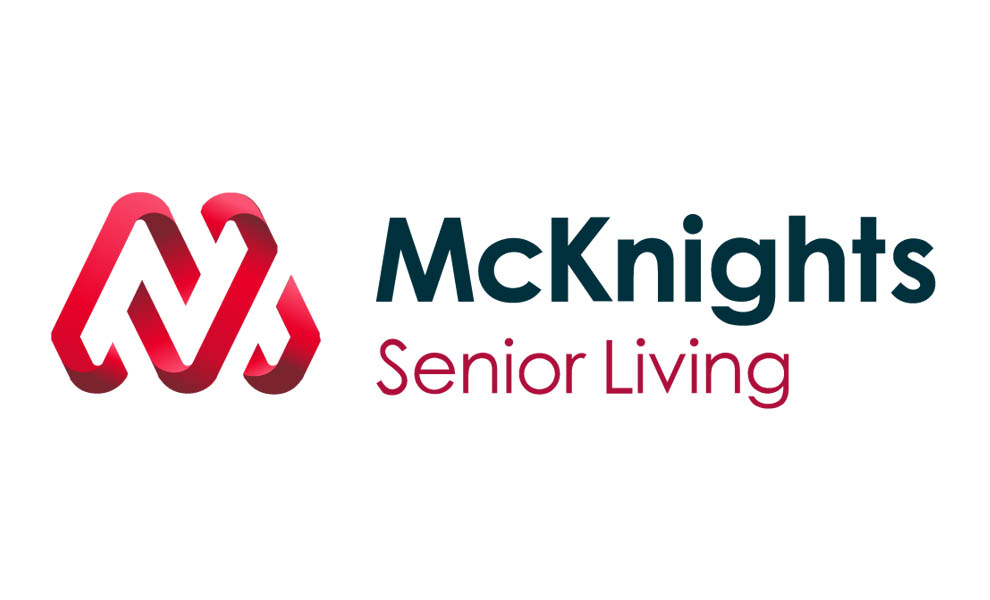In healthcare clinics across the nation, assessing cognitive health has traditionally relied upon subjective clinical interviews and functioning reports, or cognitive screening tools that are provider-dependent. In the latter case, cognitive screener administration and interpretation vary from provider to provider, and even between testing sessions.
Physicians will most commonly utilize a screening tool such as the MoCA or MiniCog to assess a patient’s cognitive health, looking for potential cognitive impairments. These screeners involve simple directives like:
“Remember these three words”…
…questions like, “Who is the current president”
…and asking the patient to perform tasks such as drawing a clock.
For an individual with normal cognition, these simple prompts don’t provide much of a challenge and they’ll easily pass. Conversely, however, someone with cognitive impairment may not necessarily fail. The outcome will depend on the severity of the impairment and mild impairments may not be fully captured by the screener.
Take for example: A person with mild cognitive impairment (MCI) doesn’t immediately remember the name of the president when asked, stalls with a joke or comment, then eventually arrive at the correct answer.
Commonly used screening tools aren’t able to measure the reaction time, therefore there would be no apparent difference between the example patient and a patient with normal cognition based on their screener results alone.
People are typically self-aware enough to have a hunch if something is amiss, but may be reluctant to speak about it—especially if their screener results suggest that everything is normal.
Though people generally don’t want to admit cognitive impairment, most want to know if they have it. A significant percentage of cognitive disorders is caused by a reversible cause such as a polypharmacy issue or insomnia—causes that are not age-related. Additionally, recent research shows up to 40% of dementia can be slowed or prevented if changes in lifestyle are implemented early. Whether a cognitive impairment is dementia or not—patients and families want to know the status of their cognitive health, so that they can effectively plan for the future.
How could the physician in the previous example have seen their patient’s mild cognitive impairment?
Data helps us to see patterns and gain insights that otherwise would be imperceptible. With BrainCheck, cognitive health is measured while the patient works through a series of digital games. Objective data points like percentage of answers correct and reaction time are being recorded and analyzed. The test taker’s performance is then compared to an age-matched normative database of cognitively healthy individuals, which enables clinicians to see if a patient falls within a normal range.
By leveraging objective data, and measuring with a high sensitivity, BrainCheck allows providers to see small changes in brain function that would likely go unnoticed with traditional cognitive screeners.
With a variety of brain games that test different cognitive processes, providers can even see which areas of the brain are affected, helping them to arrive at a more specific diagnosis. BrainCheck is useful in evaluating any cognitive disorder, not just the early signs of dementia. Perhaps a patient is suffering from an attention issue, or a head injury, or even a sleep disorder. Easy-to-read BrainCheck CQ™ Reports with clinical decision support are available for immediate review following the conclusion of the test. The reports can also help providers explain any observed changes in patients’ brain health, or reassure them that everything is normal when it is. With rapid cognitive assessment built for primary care, providers are able to pragmatically monitor a patients cognitive health over time to see if treatment is working as intended.
Neurologist diagnoses a case of reversible cognitive impairment with the help of a BrainCheck CQ™ Report. Watch now.
With approximately 60% of dementia going undiagnosed, prevalence on the rise, and mounting evidence supporting the benefit of early detection—it’s more important than ever that we work to implement a data-driven approach to dementia screening.
Schedule a call with our team today to discuss how you can offer digital cognitive assessment into your practice.
